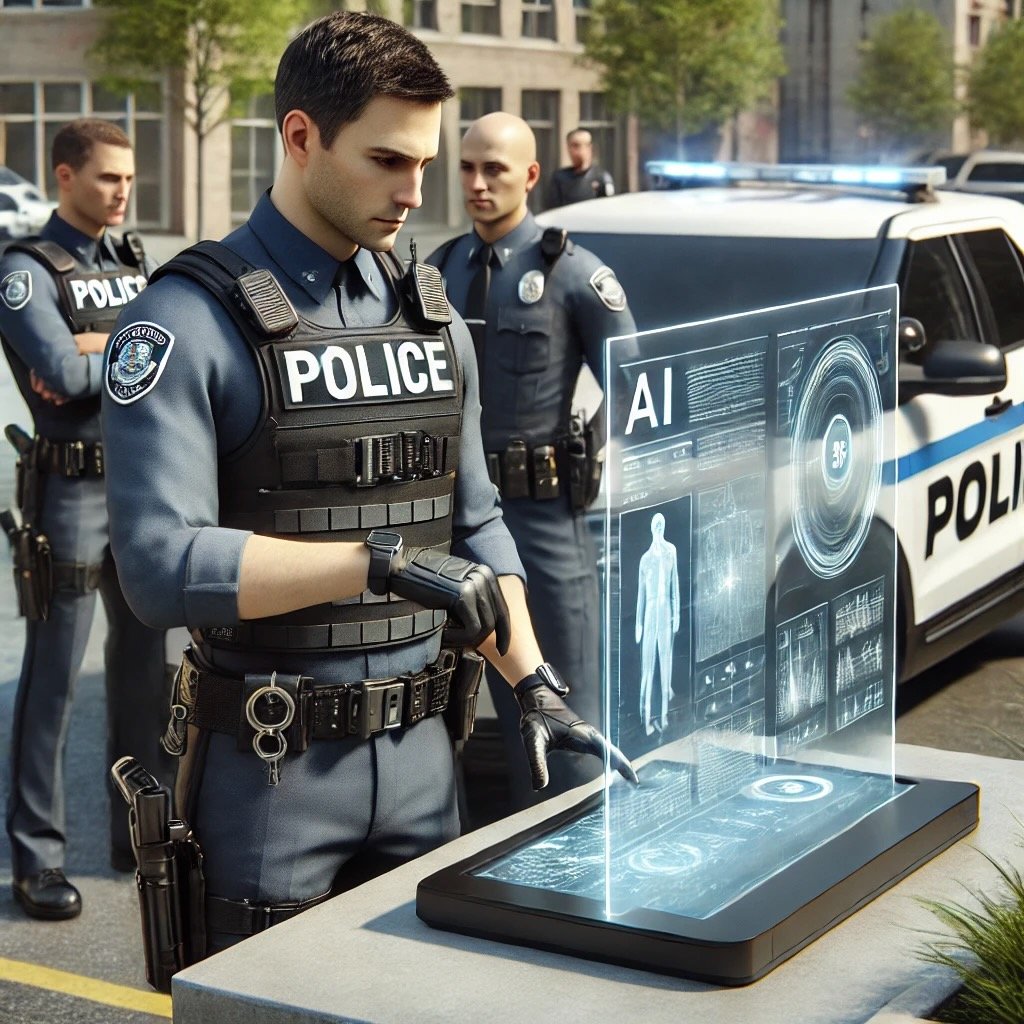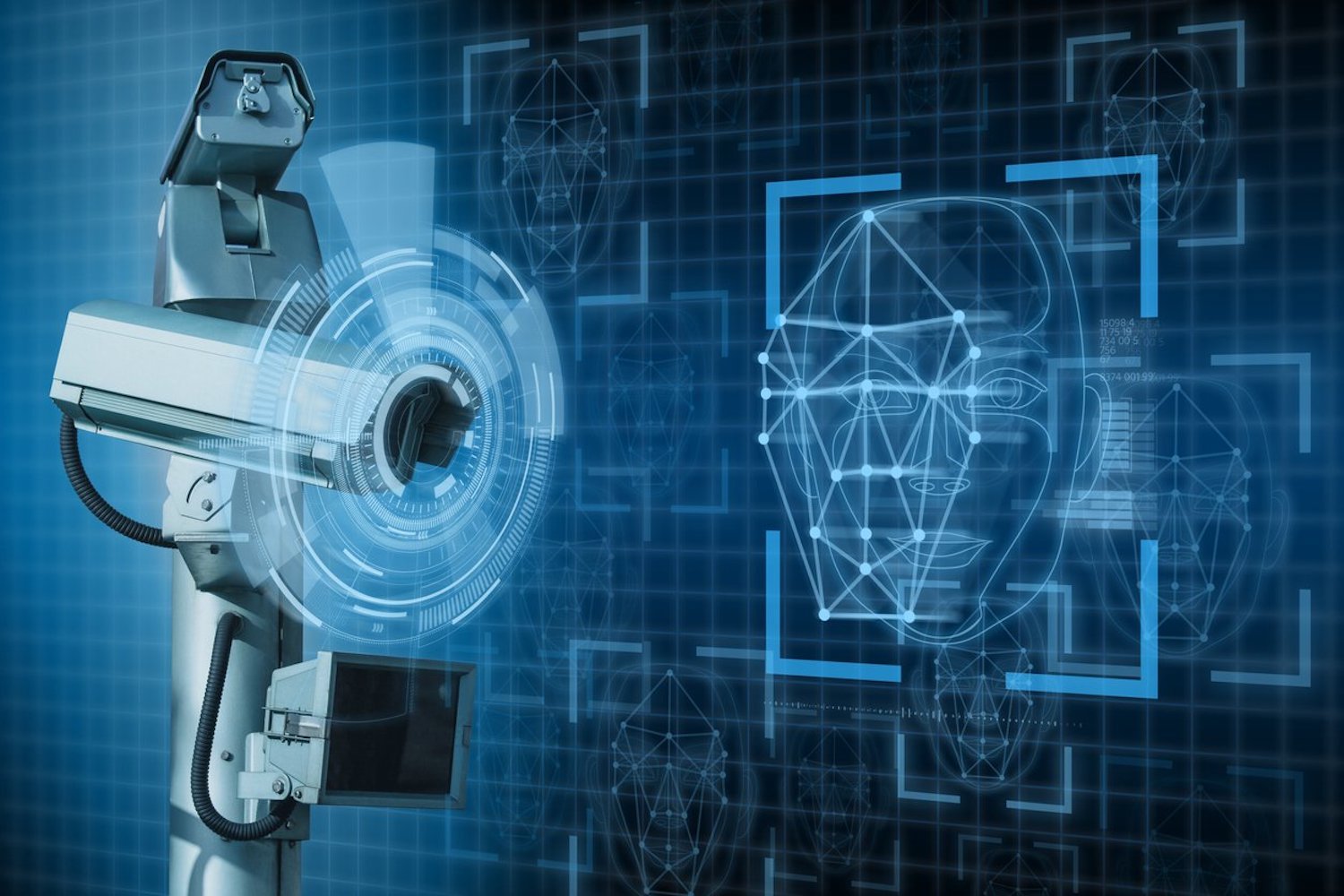Disclaimer: The views and opinions expressed by the Future of Policing Institute fellows are theirs and do not necessarily reflect the views or positions of any entities they represent.

The Domestic Threat of Weaponized Drones: Are U.S. Law Enforcement Agencies Prepared?
Weaponized drones pose a rising domestic threat, exploiting affordable technology for attacks on civilians and infrastructure. U.S. law enforcement faces significant legal, operational, and technological gaps in preparedness. Enhanced laws, technology investment, specialized training, and public-private cooperation are urgently needed to mitigate this evolving risk effectively.

Practical Uses of AI in Policing
There are many promises and speculations about what artificial intelligence (AI) can do for policing. Here, we’ll cut through the hype and focus on three actionable use cases where AI can make a real difference. Some uses of AI in policing include: 1. Enhancing Training Programs through AI-Powered Training Materials; 2. Automating Content Creation; 3. Improving Internal Transparency and Searching Capabilities; and, 4. Enhancing Problem-Solving Capabilities.

Police Technologist: the position every police agency needs but almost none have
The use of technology by the police is clearly anchored to the culture of policing. Unfortunately, what is not part of the policing culture is the role of “Police Technologist.” This position is envisioned as the keeper of policing’s ethical commitment to do the right thing while protecting the community.

